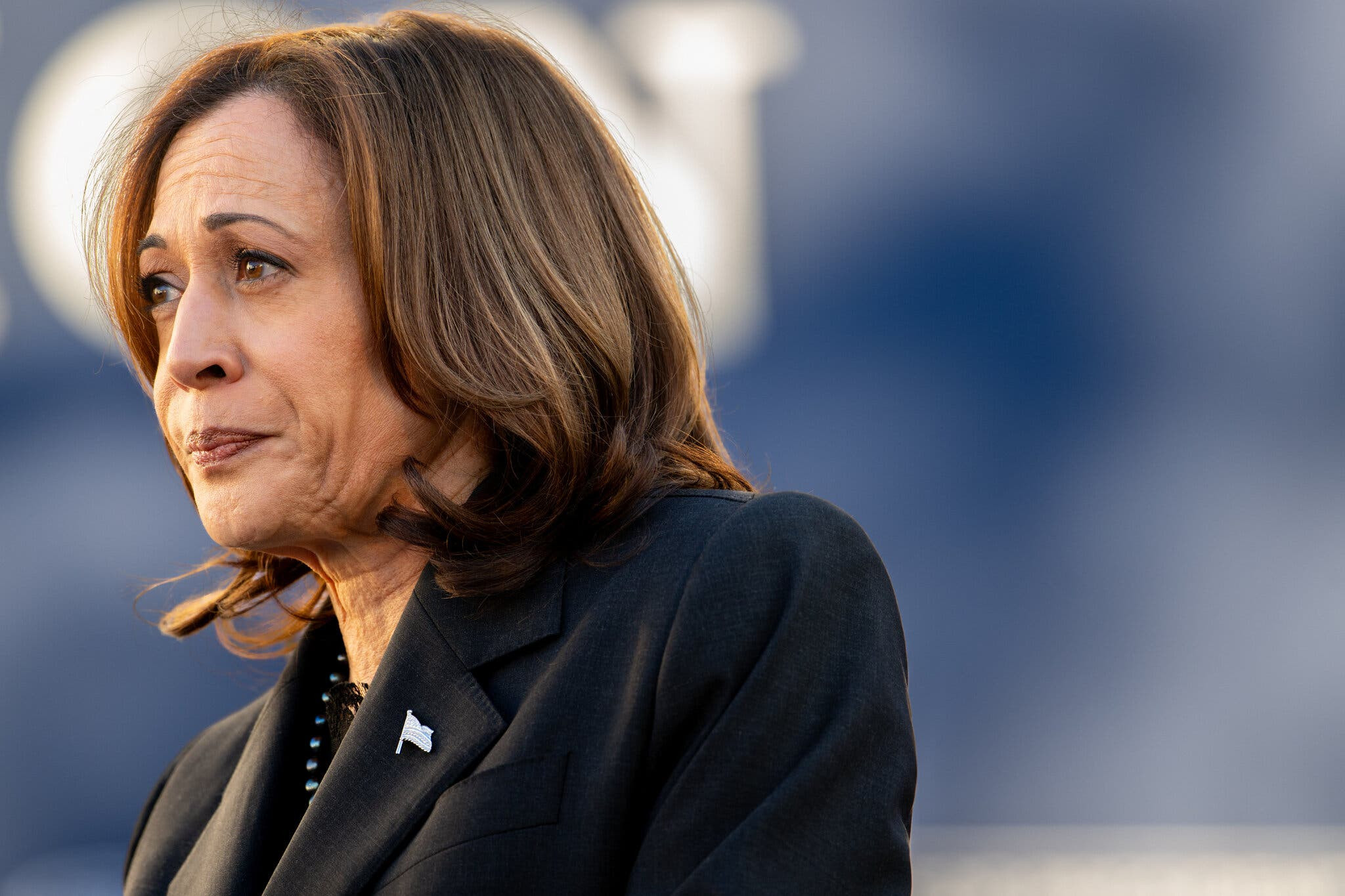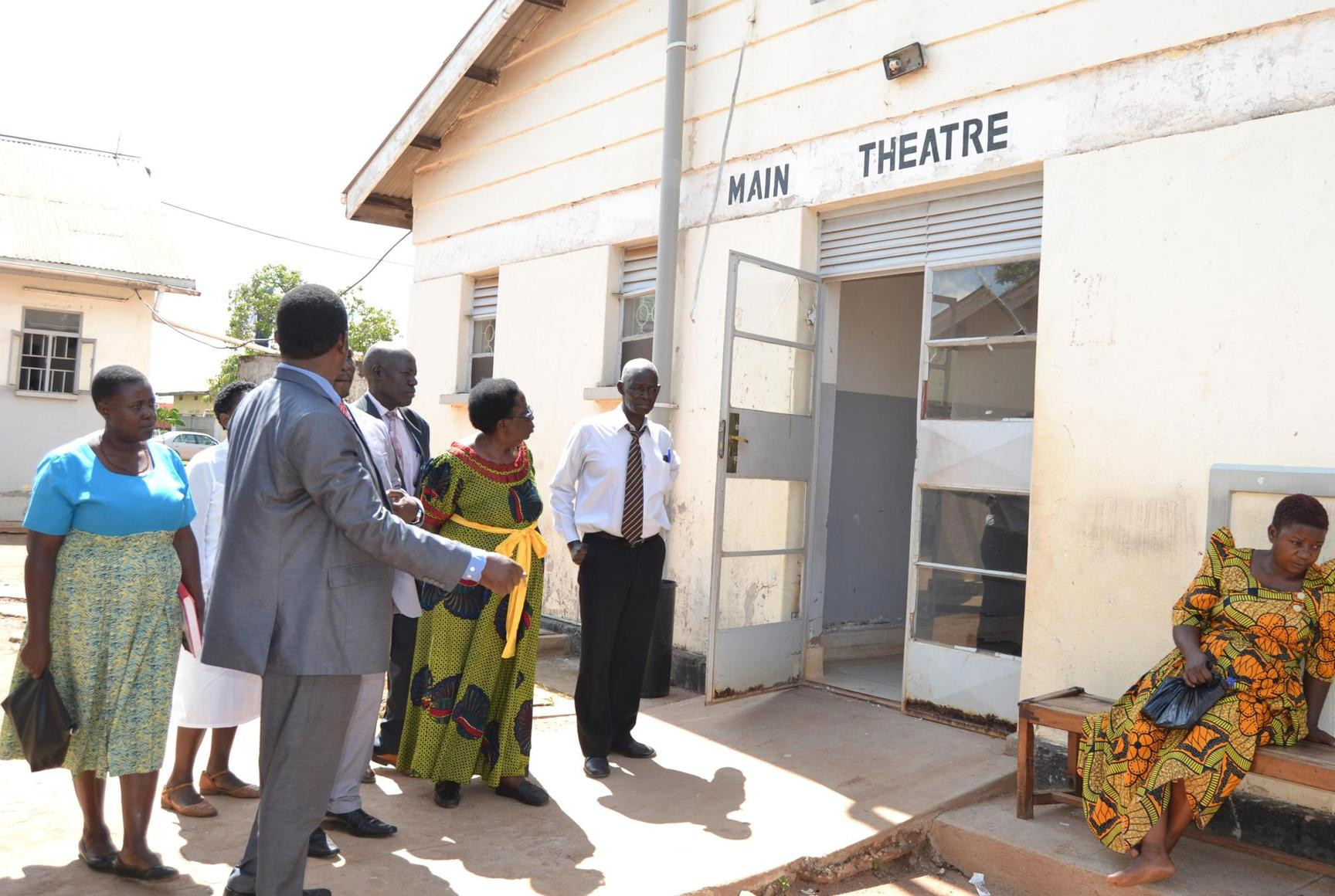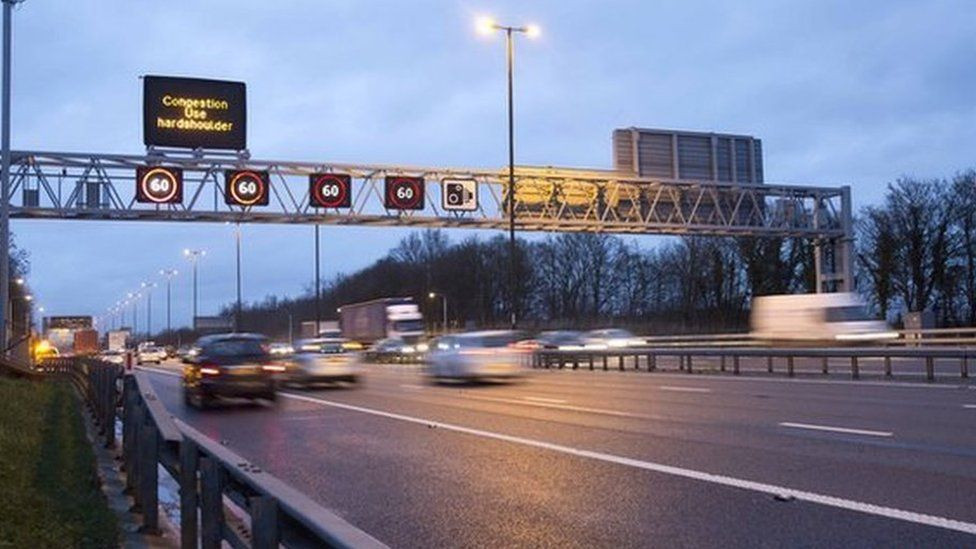Vice President Kamala Harris on Thursday offered her most expansive explanation to date on why she’s changed some of her positions on fracking and immigration, telling CNN’s Dana Bash her values haven’t shifted but that her time as vice president provided new perspective on some of the country’s most pressing issues.
In the CNN exclusive sit-down interview, Harris also said she would name a Republican to serve in her Cabinet if elected.
She described for the first time President Joe Biden’s telephone call informing her he was planning to abandon his bid for a second term after his disastrous debate performance. She stopped short of saying she would alter Biden’s policy toward arm sales to Israel.
And she brushed off her rival’s questioning of her racial identity, dismissing Donald Trump’s suggestion she “happened to turn Black.”
“Same old, tired playbook,” she said. “Next question, please.”
In all, the joint interview in Savannah with her running mate Minnesota Gov. Tim Walz – their first since becoming the Democratic presidential ticket – provided one of the clearest looks into Harris’ positions and her plans for the presidency.
Asked to describe her day-one objectives should she win, Harris did not list any specific steps, like signing executive actions or orders.
Instead, she reiterated her focus on strengthening the economy: “First and foremost, one of my highest priorities is to do what we can to support and strengthen the middle class.”
In the post-convention phase of the race, Harris is seeking to address scrutiny of her record and add substance to her pitch to American voters on how she would govern if elected president.
Harris had been under pressure to explain her policy positions in greater detail during a sit-down interview. Her last-minute campaign has been fueled not by detailed proposals or policy papers but by Democrats energized by the newly competitive election.
Pressed by Bash on her reversals on fracking and decriminalizing illegal border crossings, Harris sought to explain why her positions had changed.
“How should voters look at some of the changes that you’ve made?” Bash asked Harris. “Is it because you have more experience now and you’ve learned more about the information? Is it because you were running for president in a Democratic primary? And should they feel comfortable and confident that what you’re saying now is going to be your policy moving forward?”
Harris said despite the shifts in position, her values had not changed.
“I think the most important and most significant aspect of my policy perspective and decisions is my values have not changed,” she said. “You mentioned the Green New Deal. I have always believed – and I have worked on it – that the climate crisis is real, that it is an urgent matter to which we should apply metrics that include holding ourselves to deadlines around time.”
Her campaign later said Harris does not continue to support the Green New Deal, a wide-ranging proposal to address climate change first introduced in 2019.
During a September 2019 climate crisis town hall hosted by CNN, Harris was asked if she would commit to implementing a federal ban on fracking on her first day in office.
“There’s no question I’m in favor of banning fracking, and starting with what we can do on Day 1 around public lands,” Harris said at the time. By the time she had become Biden’s running mate, she had moved away from that stance and even cast the tie breaking vote to expand fracking leases, as she noted to Bash.
On Thursday, Harris pointed to the Biden administration’s Inflation Reduction Act, which provided record investments in combatting climate change, as an example of her climate record.
“We have set goals for the United States of America and by extension, the globe, around when we should meet certain standards for reduction of greenhouse gas emissions, as an example. That value has not changed,” she said.
“What I have seen is that we can grow and we can increase a thriving clean energy economy without banning fracking,” she added.
And she pointed to her record as California attorney general, when she prosecuted gangs accused of cross border trafficking, as an indication of her values on immigration.
“My values have not changed. So that is the reality of it. And four years of being vice president, I’ll tell you, one of the aspects, to your point, is traveling the country extensively,” she said, pointing to her 17 visits to Georgia since becoming vice president. “I believe it is important to build consensus, and it is important to find a common place of understanding of where we can actually solve problems.”
Sitting for a joint interview has become a tradition for presidential tickets in the early weeks of the new partnership. Speaking alongside Harris, Walz said he was enthusiastic about “the idea of inspiring America to what can be.”
He also defended himself against accusations he’s shaded the truth in various aspects of his resume and background, including his military service and in describing his family’s fertility struggles, saying he may have been imprecise in his language and “I certainly own my mistakes when I make them.”
But he pushed back against Republican attacks he said were directed toward his family.
“If it’s not this, it’s an attack on my children for showing love for me, or it’s an attack on my dog. I’m not going to do that,” he said.
For Democrats, the economy remains a political weakness. Polls show more voters trust Trump to handle the economy and tame inflation, though they have been narrowing since Harris entered the race.
Harris laid out an economic policy plan earlier this month focused on bringing down costs on food, housing and childcare, in part by going harder after corporations. Her proposals included efforts to combat price gouging and ramp up construction of affordable housing.
Her plans did not amount to a wholesale departure from policies Biden has pursued over the course of his term. But she has chosen to focus more centrally on discussing affordability as a messaging strategy rather than job creation or manufacturing gains, as Biden did.
On Thursday, Bash pressed Harris to explain why those proposals hadn’t been executed during the three-and-a-half years of the Biden administration: “Why haven’t you done them already?
“We had to recover as an economy, and we have done that,” she said, pointing to efforts on containing inflation, cutting costs for prescription drugs and cutting taxes for families.
“There’s more to do, but that’s good work,” she said.
Harris also did not expose any daylight between herself and Biden on the Middle East when asked directly if she would be doing anything differently, including limiting arm sales to Israel.
“We have to get a deal done. This war must end, and we must get a deal that is about getting the hostages out,” she said.
Harris voiced no regret in describing Biden as “extraordinarily strong” in the days following his disastrous performance at the CNN debate in Atlanta.
“He has the intelligence, the commitment and the judgment and disposition that I think the American people rightly deserve in their president,” she said.
Describing the Sunday in July when Biden, after weeks of pressure, announced his decision to withdraw from the race, Harris said she was at home making pancakes and bacon for her nieces when the phone rang.
“It was Joe Biden, and he told me what he had decided to do. And I asked him, ‘Are you sure?’ And he said, ‘Yes,’” she recalled, adding: “My first thought was not about me, to be honest with you. My first thought was about him.”
Embracing her vow to act as a president for “all Americans,” Harris said in the interview she would appoint a Republican to her cabinet if elected, though said she did not have a particular name in mind. It revives a tradition over the past several decades – not embraced by Trump or Biden – of presidents naming at least one member of the opposing party to their cabinet.
“I’ve got 68 days to go with this election, so I’m not putting the cart before the horse,” she said. “But I would, I think. I think it’s really important. I have spent my career inviting diversity of opinion. I think it’s important to have people at the table when some of the most important decisions are being made that have different views, different experiences. And I think it would be to the benefit of the American public to have a member of my Cabinet who was a Republican.”
Harris, who rarely discusses the barrier-breaking nature of her candidacy on the campaign trail, acknowledged in the interview there were moments she felt the weight of history – including upon seeing a photograph of one of her young grandnieces staring on as she delivered her address to the last week’s convention.
“I am running because I believe that I am the best person to do this job at this moment for all Americans, regardless of race and gender,” she said. “But I did see that photograph, and I was deeply touched by it.

















